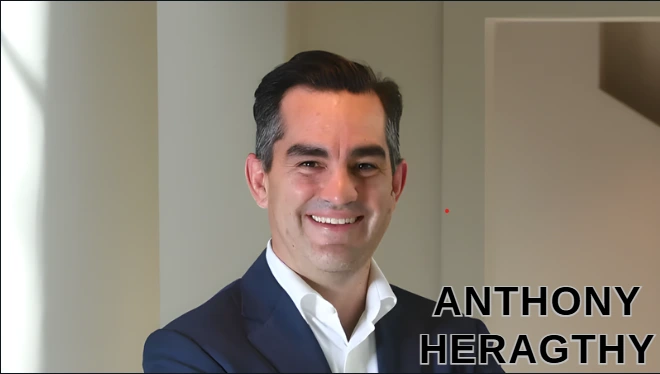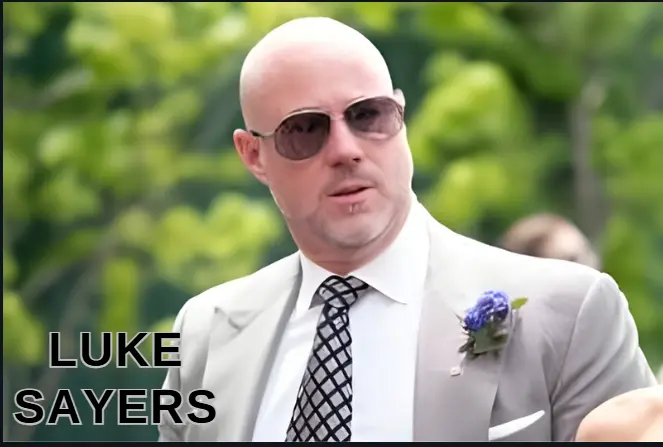When the name of Maurice Hawell entered the public mind in 2024, it was not in the context of what one would reasonably expect of an aspiring lawyer in Sydney. Instead, Maurice Hawell became the centre of one of the most unsettling criminal cases in Australia, who was put on trial for gang rape, which brought to the attention of society the question of how men who were educated and well respected in society could have perpetrated such awful crimes. To Australians who followed the legal proceedings in New South Wales, the Maurice Hawell case is much more than just the case of one verdict; it is the wider debate on accountability, consent and the responsibility that comes with privilege.
Who Is Maurice Hawell? The Professional Before the Conviction
Maurice Hawell was a 30-year-old lawyer based in Sydney when the allegations against him arose. On the surface, he seemed to be a successful person: he was extremely learned, belonged to a Christian family, volunteered at Meals on Wheels and at his Catholic church, and scored 97 on the Australian Tertiary Admission Rank (ATAR) exam. This information was especially crucial during the trial because it demonstrated the gross inconsistency between his professional image and his criminal behaviour.
But this well-crafted image came to pieces in a month-long trial at the Downing Centre District Court in Sydney in 2024 when Maurice Hawell, together with two other men, Andrew David, 30, and his younger brother Marius Hawell, was charged. The case brought by the prosecution focused on the circumstances that had taken place at a Bucks weekend in Newcastle in February 2022 – a weekend that was supposed to celebrate the upcoming wedding of Maurice Hawell.
The Newcastle Bucks Weekend: What Happened
The so-called crimes occurred on the two consecutive nights of 25 and 26 February 2022 at an Airbnb apartment in Newcastle. Court evidence showed that on Friday night, the three men met an 18-year-old woman at the Cambridge Hotel. Although the court was informed that the initial sexual contact was consensual, the case got out of hand when the woman tried to get some personal belongings from a bedroom.
By this time, the court discovered that they were in the midst of “a swarm of men” in what prosecutors described as a planned assault. The next night, a 19-year-old female showed up at the apartment under the excuse of drinking, but was instead subjected to a prolonged sexual assault of 10 to 15 minutes. Although she clearly refused to participate in a threesome, Maurice Hawell and Andrew David went ahead with the assault. In this case, Marius Hawell walked into the bedroom and used his phone torch to witness the rape – a horrifying fact that brought to mind the concept of the “pack mentality” that the judge who sentenced him criticised afterwards.
The Trial and Verdict: Guilty on Multiple Counts
In July 2024, the jury foundMaurice Hawell guilty on 10 counts, including various aggravated sexual assault in company, aggravated sexual touching, and attempted aggravated sexual assault counts. These convictions were important: they were the acknowledgement of the jury that even though the defence had claimed that there was consent and the room had been dark, the three men had engaged in a criminal conspiracy to rape the victims.
In November 2024, Justice Gina O’Rourke, who passed the sentencing remarks, stated that the conduct was “serious, degrading and heinous”. She remarked with apparent anxiety that the men were “not monsters, which, however, would have somehow justified this grave spate of criminal conduct, but of course never explained it”. The judge also focused on the fact that their activities were even more upsetting by the fact that, as per their learning, intelligence, and professional status, such crimes were not considered to be specific to a certain socioeconomic group.
Sentencing: 14 Years for Maurice Hawell
Maurice Hawell was sentenced to 14 years in prison in November 2024, with a non-parole period of 8 years and 6 months. Andrew David was sentenced to 13 years, and Marius Hawell, who had a minor role, was sentenced to 9 years. These are the sentences that conveyed the seriousness of the crimes and the helplessness of the victims.
Interestingly, the court also received letters of support from the families of the defendants during sentencing, as one of the letters was from the wife of Maurice Hawell, 29-year-old Loubna, whom he married before he was convicted. In the letter she sent to the court, she admitted that she was heartbroken by his infidelity, but she could not believe him to be a rapist. This fact triggered even more general debates regarding the marriage of Maurice Hawell and the question of whether his marital status was impacted by the information on his arrest.
Marriage, Education, and the Broader Questions
The question “Is Maurice Hawell still married?” was a common search query after the conviction, as people are curious about the impact of such crimes on families. The disclosure that, before his arrest, Maurice Hawell married his cousin, Loubna Yousif, further complicated the media reporting, especially on the subject of Australian family law and the legality of a cousin marriage.
His schooling history – even his law schooling – drew public scrutiny. This was a man who was taught about law and ethics, and knew the system of law and the law well, but he preferred to disregard the rights and dignity of three young women. This paradox came to the fore in the light of how the Maurice Hawell case made assumptions regarding the perpetrators of sexual crimes.
The Lasting Impact of the Maurice Hawell Case
To Australian viewers, the trial and sentencing of Maurice Hawell serve as a reminder to understand that sexual assault is not limited to the stereotypes of certain social classes and educational backgrounds. The case has been extensively reported in Australian media, including the Daily Mail and Newcastle-based local newspapers, and is still used in the discussion of consent, accountability, and professional community responsibility.
The case judgment is a lesson: that education, professional achievement, and religious belonging are no longer able to protect individuals from criminal responsibility in cases when people prefer to do bad things to others. The Maurice Hawell case showed that the perpetrators can be held to account, despite the complex defence arguments used by them, by the juries and the entire justice system in the case of the victims of sexual assault.
Conclusion
The story of lawyer Maurice Hawell is one case that will probably be associated with one of the most important sexual assault cases in Australia over several years. The conviction, 14-year prison term and the intensive scrutiny of his offences during trial have become a notable benchmark in the debate on sexual violence, justice and accountability in Australian society. To those who want to gain insight into contemporary Australian criminal law or the challenges of prosecuting sexual assault crimes, the Maurice Hawell case offers invaluable information on how our criminal justice system reacts to serious offences that are perpetrated by seemingly decent members of our society.









